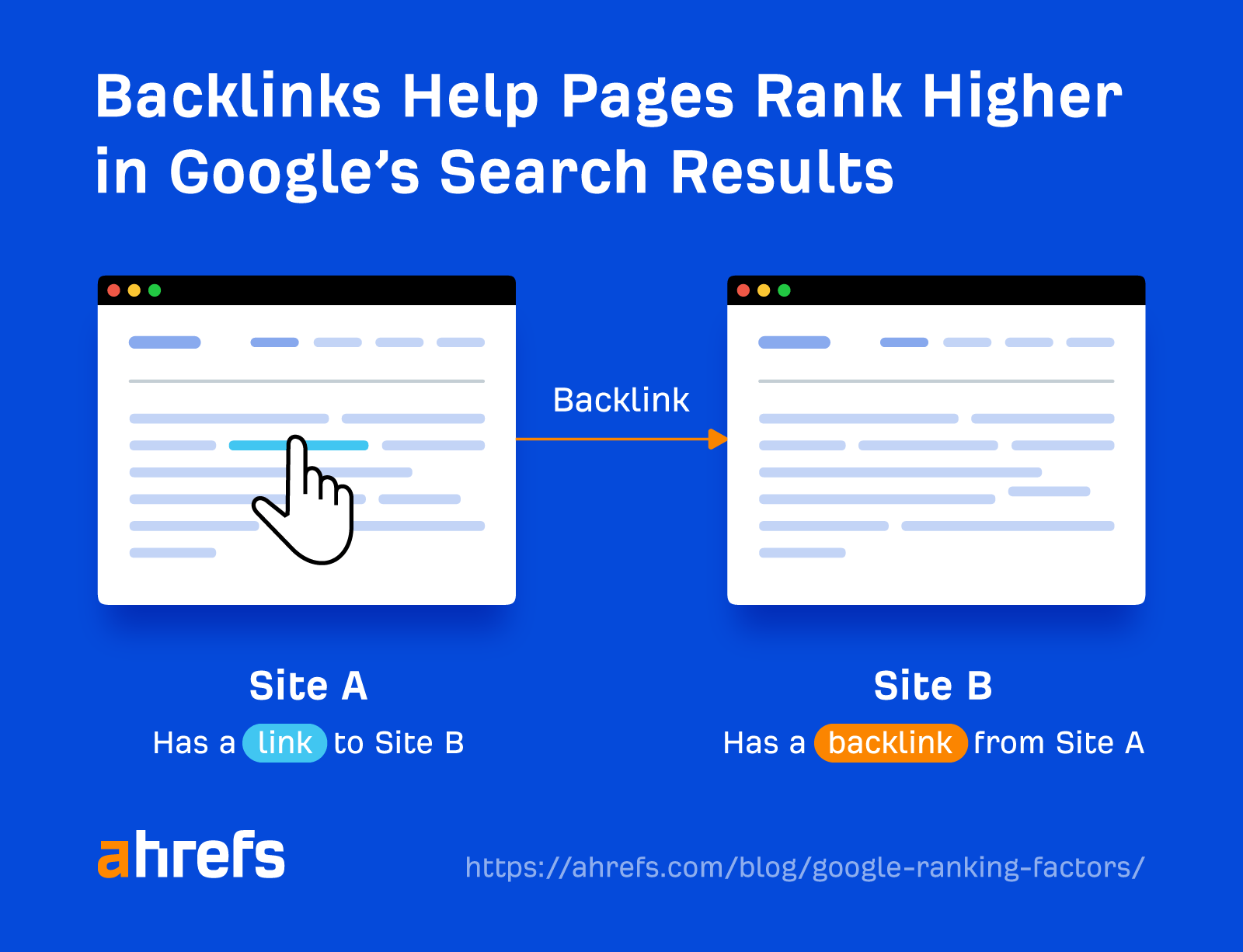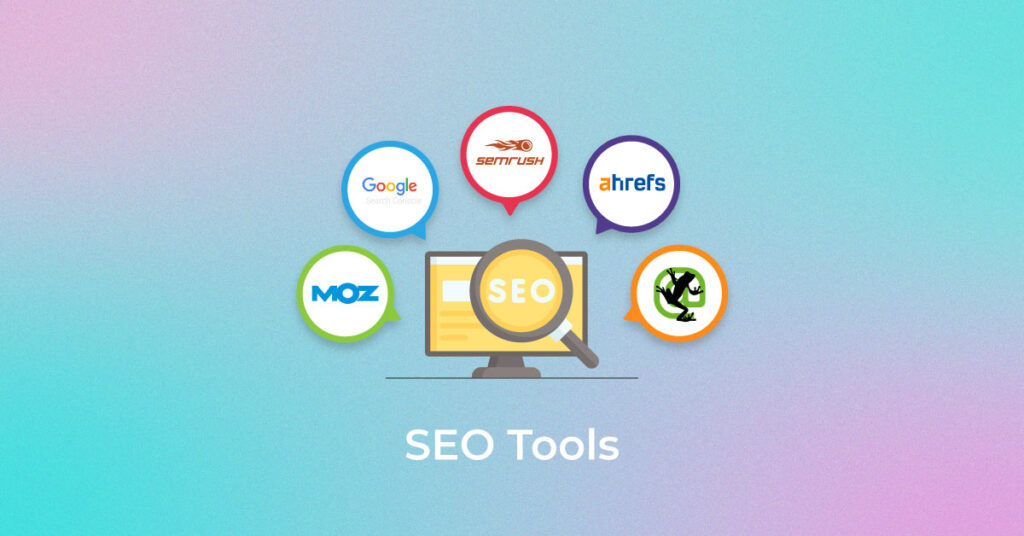SEARCH ENGINE OPTIMIZATION Vs. SEM: Recognizing the Key Distinctions
In the world of digital marketing, two vital approaches that commonly turn up are search engine optimization and SEM. While they may sound similar, they actually offer different purposes and have distinct approaches. SEO, which represents Browse Engine Optimization, concentrates on improving a website's visibility and organic position on online search engine results pages. On the various other hand, SEM, or Online Search Engine Advertising, involves paid marketing to enhance an internet site's visibility on online search engine. Comprehending the key differences between SEO and SEM is vital for services seeking to optimize their online existence and drive website traffic to their websites. In this write-up, we will look into the interpretations, objectives, and vital elements of both SEO and SEM, clarifying their unique qualities and benefits.

Meaning of SEO
SEO, or Seo, describes the practice of maximizing web sites to improve their presence and rankings on online search engine results pages (SERPs) It entails different techniques and strategies intended at enhancing natural, or non-paid, website traffic to an internet site. The ultimate goal of SEO is to boost an internet site's online visibility and bring in even more targeted site visitors.
One of the key elements of search engine optimization is keyword optimization (https://www.diigo.com/item/image/9zomk/j2hp). This includes conducting thorough research to identify relevant keyword phrases that customers are likely to search for when trying to find info or products associated with a certain website. By including these search phrases tactically right into the website's web content, meta tags, and Links, search engine optimization intends to improve the site's relevance and ranking for those details search terms
Another important element in search engine optimization is on-page optimization. This includes enhancing different elements on a web site, such as title tags, headings, photos, and internal links, to make them even more search engine-friendly (seo specialist). By making certain that these aspects are effectively structured and relevant to the internet site's material, SEO helps internet search engine recognize the context and relevance of the site
Furthermore, search engine optimization likewise includes off-page optimization techniques, such as web link structure. This entails acquiring top quality back links from various other reputable internet sites, which suggests to internet search engine that the website is authoritative and credible. By developing a strong network of backlinks, SEO boosts an internet site's integrity and enhances its opportunities of rating higher in search results page.
Meaning of SEM
SEM, or Search Engine Advertising, is an advertising and marketing technique that includes advertising web sites and raising their presence with paid marketing on search engine results web pages (SERPs) Unlike search engine optimization, which concentrates on optimizing web sites to enhance natural search positions, SEM uses paid advertising and marketing to drive website traffic to a website.
Among the vital components of SEM is pay-per-click (PAY PER CLICK) advertising. With pay per click, marketers proposal on key phrases that pertain to their target market. When a customer searches for those search phrases, the ads appear on top or side of the search engine result. Advertisers only pay when a customer clicks on their advertisement, for this reason the term "pay-per-click."

Present advertisements are banners or aesthetic advertisements that appear on web sites within the Google Show Network. Remarketing ads target customers who have formerly checked out a website, serving them ads as they browse various other sites.
Goals of Search Engine Optimization and SEM
The purposes of both seo (SEARCH ENGINE OPTIMIZATION) and online search engine advertising (SEM) revolve around enhancing a website's presence and driving targeted web traffic. However, the strategies and approaches utilized by each differ significantly.
The primary goal of SEO is to boost a website's natural search position on search engine results pages (SERPs) This is accomplished by enhancing various elements on the site, such as content, meta tags, and website framework, to make it extra appealing and pertinent to internet search engine. By doing so, search engine optimization intends to attract even more natural web traffic from individuals proactively browsing for relevant keyword phrases or topics.
On the various other hand, SEM concentrates on boosting a web site's visibility through paid marketing on internet search engine. The key purpose of SEM is to drive targeted traffic to a website by bidding process on key words and showing ads in online search engine outcomes. This strategy permits businesses to reach a wider target market rapidly and successfully.

Secret Elements of SEO
To effectively implement SEO, it is important to understand the vital elements that add to boosting a web site's organic search ranking. These components can be generally categorized into on-page elements and off-page variables.
On-page elements describe the components that are straight present on a site and can be optimized for read this post here much better online search engine exposure. This includes the web site's material, key words use, meta tags, URL framework, page titles, and headings. By maximizing these elements, online search engine can better understand the significance and context of the website's content, causing higher rankings.
Off-page variables, on the other hand, concentrate on exterior signals that influence a website's authority and reputation. This consists of back links from various other trustworthy web sites, social media sites signals, and on the internet discusses (https://missourireserve.com/press/linkdaddy-announces-agency-backlink-local-business-directory-listings-service/102516). The more top notch and pertinent backlinks a website has, the far better its possibilities of placing greater in search engine results web pages
In addition, user experience is a crucial element of search engine optimization. seo audit. Look engines focus on web sites that offer a positive customer experience, consisting of rapid filling times, mobile-friendliness, and easy navigation
Key Parts of SEM
Unlike SEO, SEM encompasses a distinctive set of vital parts that concentrate on paid advertising and marketing and driving prompt visibility in online search engine outcomes. These parts include online search engine advertising and marketing, also understood as pay-per-click (PAY PER CLICK) marketing, keyword research, advertisement development, and campaign monitoring.
Look engine marketing is an essential part of SEM. It involves bidding process on key phrases appropriate to your business and developing text or display ads that will certainly show up in internet search engine results when those keyword phrases are browsed. With search engine advertising and marketing, you can target certain demographics, areas, and also time of day to reach your wanted audience.
Keyword research study is one more crucial element of SEM. It involves recognizing the keywords that your target market is utilizing to look for service or products similar to your own. By carrying out detailed keyword study, you can enhance your advertisements and ensure they are shown to the best people at the right time.
Ad creation is the process of creating convincing and compelling advertisements that will certainly lure users to click them. Well-crafted ads have a solid call-to-action, pertinent messaging, and a clear worth suggestion.
Lastly, project management involves monitoring and optimizing your SEM projects to ensure they are carrying out efficiently. This consists of monitoring metrics such as click-through prices, conversion rates, and roi (ROI) to make data-driven choices and attain the very best results.
Final Thought
Search engine optimization concentrates on maximizing web sites to boost natural search rankings, while SEM entails paid marketing to increase presence on search engine results web pages. Recognizing the differences between SEO and SEM is critical for organizations to establish a detailed online advertising and marketing method.
SEO, which stands for Search Engine Optimization, concentrates on improving a site's visibility and organic ranking on search engine results pages. On the various other hand, SEM, or Look Engine Advertising, involves paid advertising and marketing to boost a site's exposure on search engines (seo marketing).SEO, or Look Engine Optimization, refers to the method of enhancing sites to enhance their visibility and positions on search engine results pages (SERPs)The primary goal of Search engine optimization is to improve an internet site's natural search position on search engine results web pages (SERPs) Search engine optimization concentrates on maximizing web sites to enhance organic search positions, while SEM entails paid marketing to enhance exposure on search engine results pages